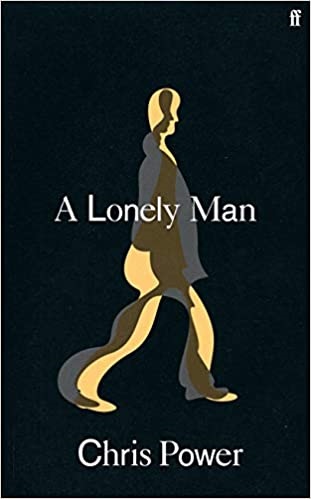In literary circles, Chris Power is synonymous with the short story. He is the writer of an insightful and exhaustive 14-year series for The Guardian called (surely ironically) A brief survey of the short story, covering, well, everyone really: from JL Borges to JG Ballard, from Lydia Davis to Elizabeth Taylor, from Carver to Cheever. If there is a thing to be thought about fiction’s short form, Power has thunk it.
It was inevitable that his first book, Mothers, would be a collection of stories. It was good, too: taut, unornamented and often pleasingly absurd, it wore its learning lightly and was deservedly well received.
Lockdowns have taken income away from hundreds of Big Issue sellers. Support The Big Issue and our vendors by signing up for a subscription.
There was the sense however that Power had more in his locker, and so it proves with his intriguing debut novel, A Lonely Man. Like Mothers, it arrives garlanded with praise from ‘serious’ authors, anointing him that rarefied – and sometimes dreaded – beast, a writer’s writer.
The tale moves between the Berlin apartment and Swedish lakeside summerhouse that Robert Prowe shares with his wife and daughters. Robert is a blocked novelist, but thanks to a chance meeting with a drunk man in a bookshop finds himself with a ready-made story. The man, Patrick, has fled from the UK to Berlin following the death of a Russian oligarch whose biography he was writing – he believes his subject was murdered by Vladimir Putin’s goons and that they are now on his trail.

Power excels at capturing the small details and at nudging subtle shifts in relationships between his characters: the tensions in Robert’s marriage and with his children; his uneasy alliance with Patrick, who is unaware he is providing material for a planned novel.









